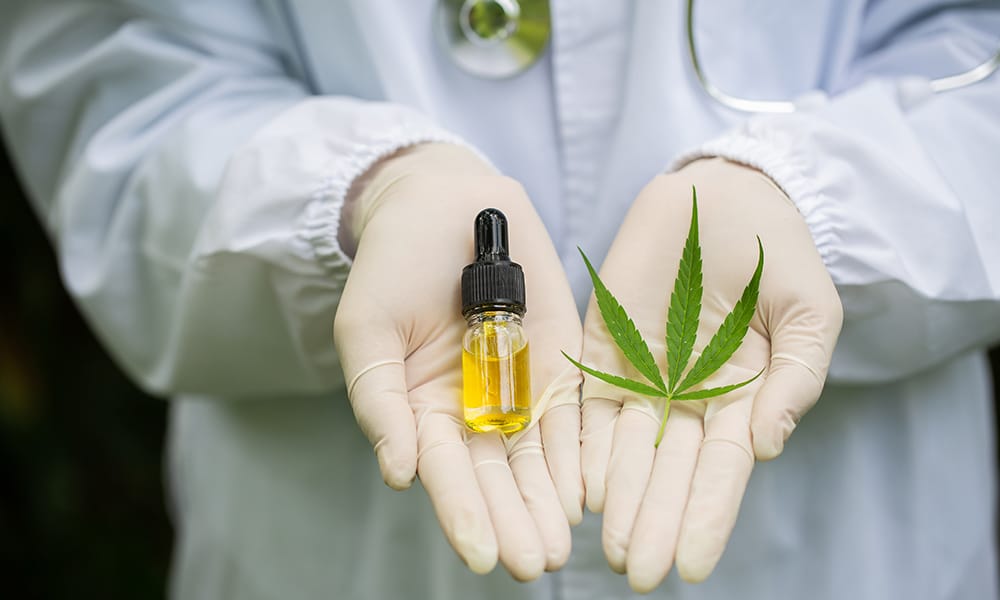Following the 2020 election, five more states legalized the use of cannabis for recreational and medicinal purposes. As the popularity of the plant’s use grows, researchers are continuing to look into its many potential benefits. Studies are continually finding all kinds of new and interesting things. Here’s some of the latest cannabinoid research and development.
Cannabis for Alzheimer’s
In January, researchers published a review of nine peer-reviewed studies looking at the effects of CBD and THC on Alzheimer’s disease and dementia. The review found that CBD can protect certain neurons in the brain from mechanisms present in the disease. It also found that CBD and THC were more effective together than separately when it comes to suppressing factors that may contribute to the development of Alzheimer’s.
“Minor” Cannabinoids Aren’t So Minor
We’ve long known that cannabis contains more than 100 cannabinoids. These cannabinoids work together, in what’s known as the entourage effect, to provide optimal benefits. Even so, most people still focus on CBD and THC. While these cannabinoids still aren’t understood completely, we have a much greater understanding of them than we do the other compounds in the plant. We know many of the benefits that they provide and how they work together to alleviate pain, inflammation, anxiety, and more.
As more research comes out, we’re finding that the “minor” cannabinoids in the plant may provide some significant benefits as well. Some of the ones gaining notoriety include:
- CBN: Cannabinol may help to treat insomnia, chronic pain, and inflammation
- CBC: Cannabichromene may help with pain and inflammation as well as inhibiting the growth of cancerous tumors
- CBG: Cannabigerol may provide antibacterial and anti-cancer effects, fighting antibiotic-resistant bacteria and inhibiting the growth of cancerous tumors
These potential benefits may help to open the door for alternative therapies for many different health-related conditions, providing other options outside of conventional medications.
Choline May Block the Effect of THC in Developing Babies
Despite current warnings to avoid cannabis use during pregnancy, many women use the plant to help combat morning sickness, anxiety, and depression. Use during pregnancy has been linked to behavioral and cognitive deficits in children. Many attribute these effects to how THC affects growth and development in the womb.
Scientists recently concluded an assessment of the choline levels of pregnant women and the effects of cannabis exposure on their unborn children. Cannabis use during the first ten weeks of pregnancy was associated with a lower attention span, self-regulation, and bonding with parents. The impairments were either least severe or not existent in children whose mothers had higher levels of choline during pregnancy. While this doesn’t mean that it’s safe for women to use cannabis during pregnancy, it does open the door for further study.
There’s still a lot that we don’t know about cannabis. As research continues, we’re constantly discovering new and beneficial things. As more states legalize the plant’s use and the federal government considers country-wide decriminalization, it will be interesting to see what else we discover.




